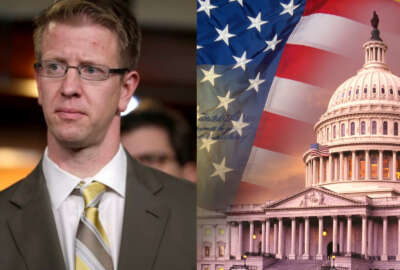The debate over pay and benefits for public-sector jobs vs. their private-sector counterparts will surely continue into 2013.
Jenny Mattingley, director of government affairs at Shaw Bransford & Roth says agencies will also continue to focus on reforming the civil service this year.
| Jenny Mattingley’s Top 3 for 2013 |
- Idea: Civil Service Reform — This is not a new idea, but it’s likely to see more action in 2013. Over the past year several Members of Congress have indicated an interest in tackling this subject. However, any legislation will probably be more of a trial balloon rather than a comprehensive reform including a complete overhaul of the General Schedule. It appears more likely that any reform will deal with issues such as increased employee accountability, making it easier to terminate problem employees, updating the classification system, and providing agencies with increased authority to pay certain employees a salary based on comparability to the private sector, along with some discussion of pay for performance.
- Trend: Federal Employee Scandals — Over the past year, retirement numbers have been up, and are likely to show an increase in January. Combined with budget pressures that are already causing agencies to hire only one employee for every three that leave and increased Congressional scrutiny of federal agencies, this may signal the start of a gradual erosion in the quality of services the government can provide. Retirements and hiring freezes don’t mean that the government will stop functioning, but that a lack of resources for strong succession planning, the inability to hire enough new employees, and a lack of resources to provide critical skills training means that we’ll likely see an accelerated loss of institutional knowledge and more mistakes made by federal employees that then become a public scandal.
- Trend: Budget Battles — This is a continuing trend from the last few years that is unlikely to end in 2013. Instead of passing individual appropriations bills Congress has resorted to passing continuing resolutions (CR) or omnibus spending bills. Agencies are under a continuing resolution until March and there is already talk of Congress just extending the CR through the rest of the fiscal year. Simultaneously, Congress will also have to start the discussion on FY 2014 spending and it seems likely that the trend of not passing individual budgets will continue, making it difficult for agencies to do any sort of long-term strategic planning.
|
Copyright
© 2024 Federal News Network. All rights reserved. This website is not intended for users located within the European Economic Area.





